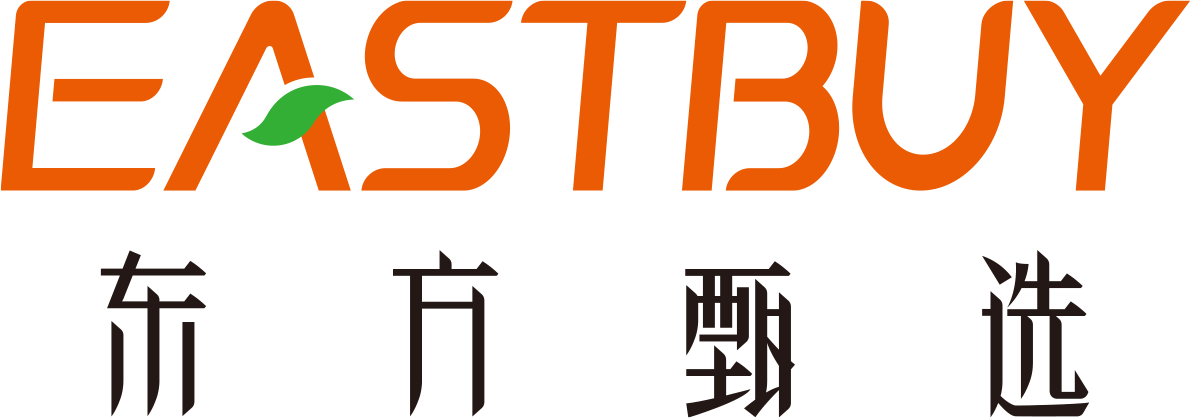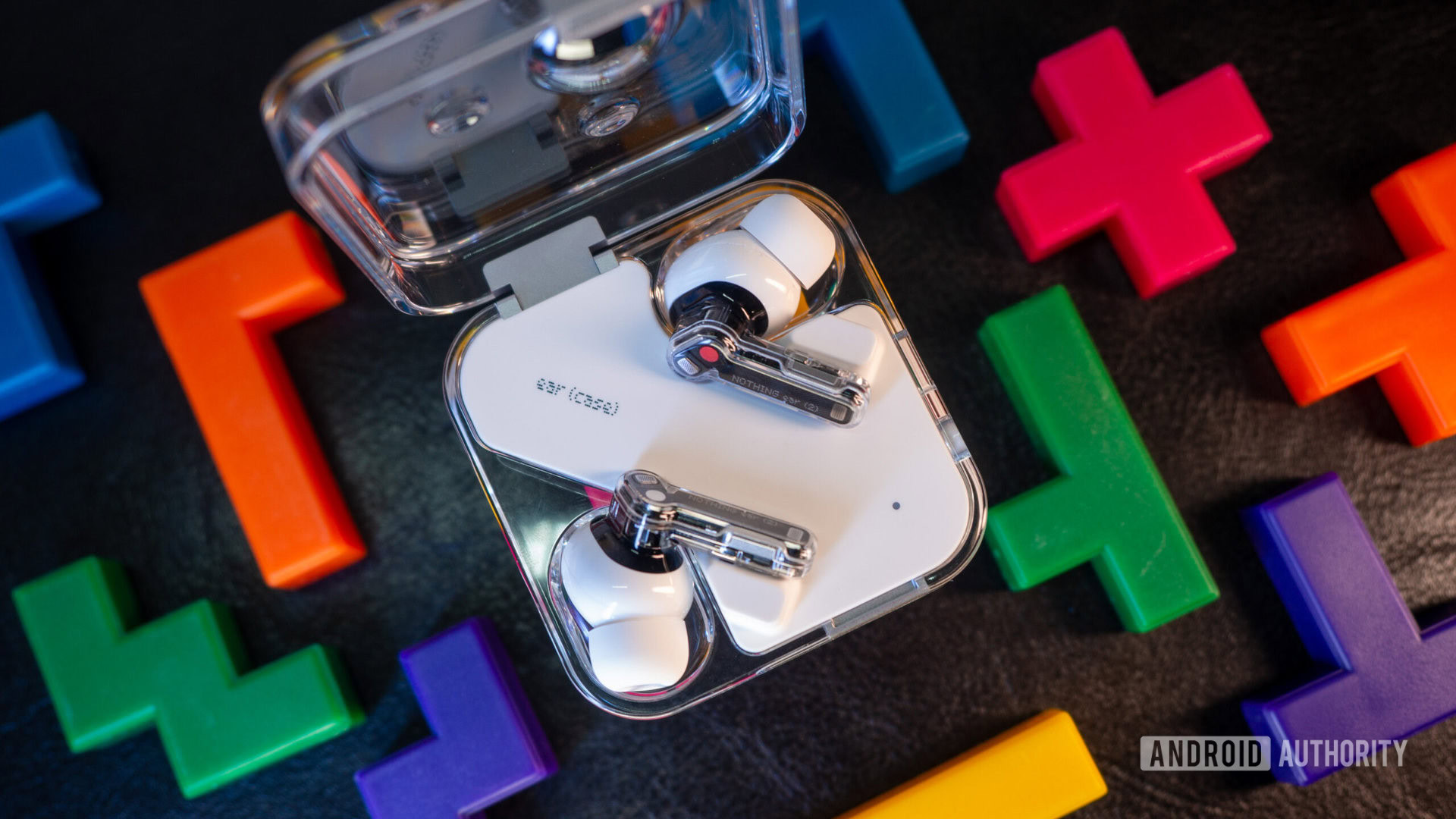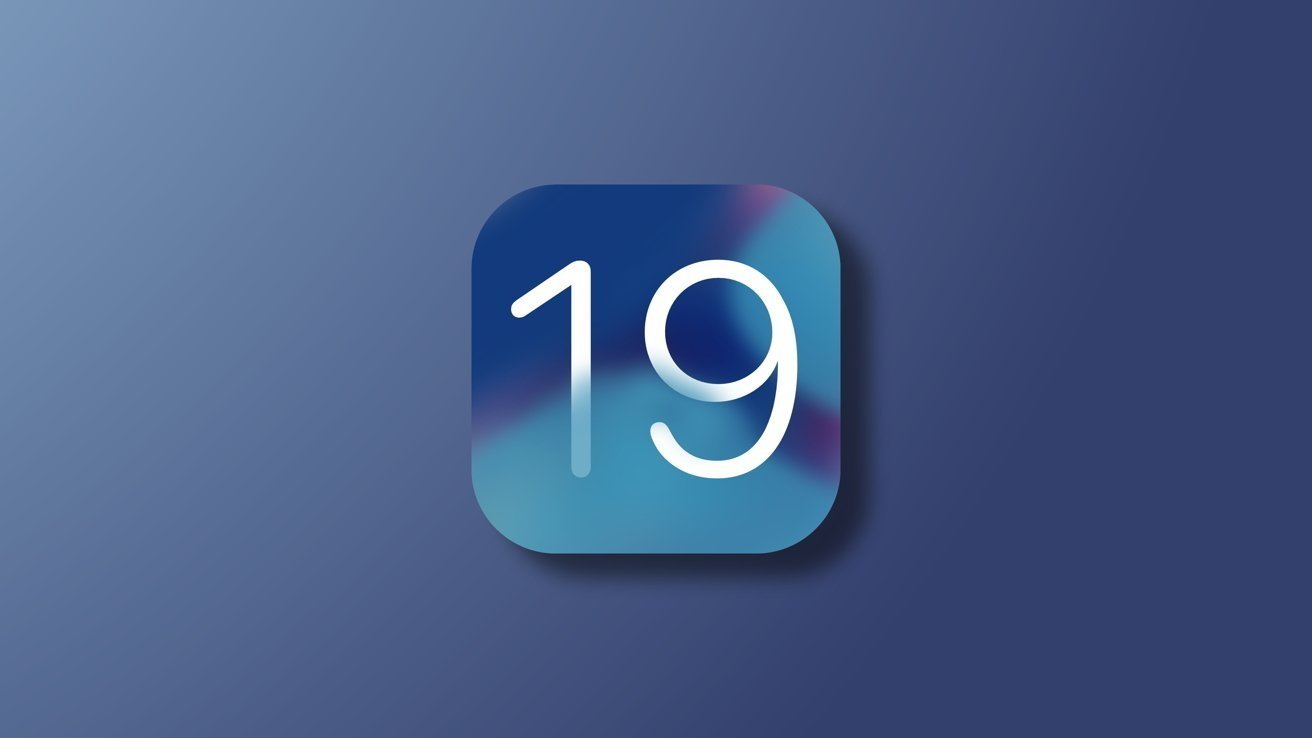Google is rolling back support for yet another Nest smart home product.
From October 25, 2025, onwards, the Nest Learning Thermostat (1st gen, 2011), Nest Learning Thermostat (2nd gen, 2012), and the Europe version of the Nest Learning Thermostat (2nd gen, 2014) will no longer receive software updates.
This means users will no longer be able to control these models remotely from their phone or via Google Assistant, but they’ll still be able to adjust the temperature and modify schedules directly on the thermostat itself.
The good news is that if your device isn’t on the list above, the news shouldn’t affect you at all. There will be no changes to your device or features, and the thermostat will continue to receive updates and support in the Nest and Home apps.
Google will also no longer sell newer Nest Thermostat models in Europe, including the Nest Learning Thermostat (3rd gen, 2015) and Nest Thermostat E (2018), citing how “heating systems in Europe are unique and have a variety of hardware and software requirements that make it challenging to build for the diverse set of homes.” Google will continue to sell these models in Europe while stocks last and told consumers to expect “even more helpful home devices in Europe in the coming months and years.”
Google said it will reach out to users impacted by the move-to-end support with discounts on newer smart thermostats, with users in Europe getting up to 50% off the Tado Smart Thermostat X.
The decision to end support for earlier Nest Thermostats shouldn’t come as that much of a surprise. As of late, Google has made some big changes to its home safety offerings, discontinuing both its Nest Protect smart smoke and CO alarm and its Nest x Yale smart lock earlier this year. Google also dropped support for its Nest Secure and Dropcam home security systems in April 2024.
Recommended by Our Editors
Instead, Google seems to be pursuing a strategy where it partners with third-party manufacturers for its Smart Home products, outsourcing access to its Google Home smart home hub, rather than building and branding all smart home products in-house. Google announced at I/O 2024 that it was reimagining its smart home platform, Google Home, as a platform for all developers.
For example, Google announced a partnership with home safety firm First Alert to launch the First Alert Smart Smoke & Carbon Monoxide Alarm later this year in the US and Canada, which users will be able to control through the Google Home app.
Get Our Best Stories!
Your Daily Dose of Our Top Tech News
By clicking Sign Me Up, you confirm you are 16+ and agree to our Terms of Use and Privacy Policy.
Thanks for signing up!
Your subscription has been confirmed. Keep an eye on your inbox!
About Will McCurdy
Contributor











